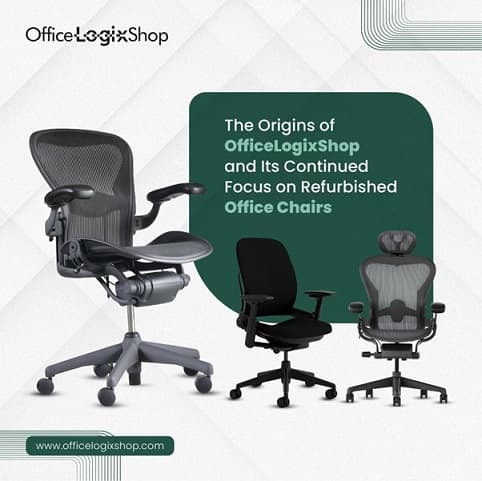
Six in ten (61%) of UK consumers would spend 10% more on goods with better product information
Two fifths (38%) would pay more for a product that clearly displayed its brand values in its product information
02 August 2022 — LONDON, UK – While pricing sensitivity is rising amongst shoppers as the cost-of-living and inflationary pressures hit household budgets, UK shoppers would pay more for products carrying better quality product data, the latest data from Akeneo, the global leader in product experience management (PXM) and product information management (PIM), reveals.
Original research of over 1,800 shoppers in its latest 2022 B2C Survey: Product Experience Satisfaction Around the World’ Report, showed that six in ten (61%) would pay up to 10% more for items with good quality and accurate product information, while 10% even say they would spend 50% on products if the information supporting their buying decision was enhanced.
“We used to talk about price elasticity of demand, but now the quality, accuracy and consistency of product information is having an increasing role in how changeable demand for a product is at a particular price point,” James Barlow, Regional Director UK&I at Akeneo, commented. “And, during a time of economic turbulence and when each purchase becomes even more considered for consumers, good product information can shore up demand for products at higher price points, helping retailers maintain margin by supporting full price selling.”
After price, the most common product information customers look for when deciding to buy a product is the product description (55%), followed by consumer reviews (52%). A further 43% of shoppers would rely on information about technical features.
Meanwhile, two fifths (38%) of UK shoppers said they would pay more for a product that clearly displayed its brand values in its product information. Details about the history of the retailer or brand topped the key values shoppers wanted to learn about when making their purchasing decisions (26%), followed by certifications and quality assurance kitemarks (22%) and sustainability, such as eco-friendly credentials, fair trade, or responsibly sourced status (18%).
“The concept of value is becoming fragmented because the cost-of-living has given rise to what’s been deemed the new ‘K-shaped consumer’, where shoppers at all income levels are value conscious, but this is becoming polarised,” Barlow continued. “Those where value means affordability are at one end of the spectrum and those who are focused on brand values – brand personality, sustainability and quality – rather than price are at the other. This means retailers and brands need to ensure product information and data speaks to both audiences – consistently and accurately across all touchpoints and channels – in order not to alienate customer segments and leave revenue opportunities on the table.”
For further information on the new ways shoppers now want to discover brands and the role of PIM and PXM in increasing conversions, CLV and loyalty, download the 2022 Global B2C Survey Report: here.


